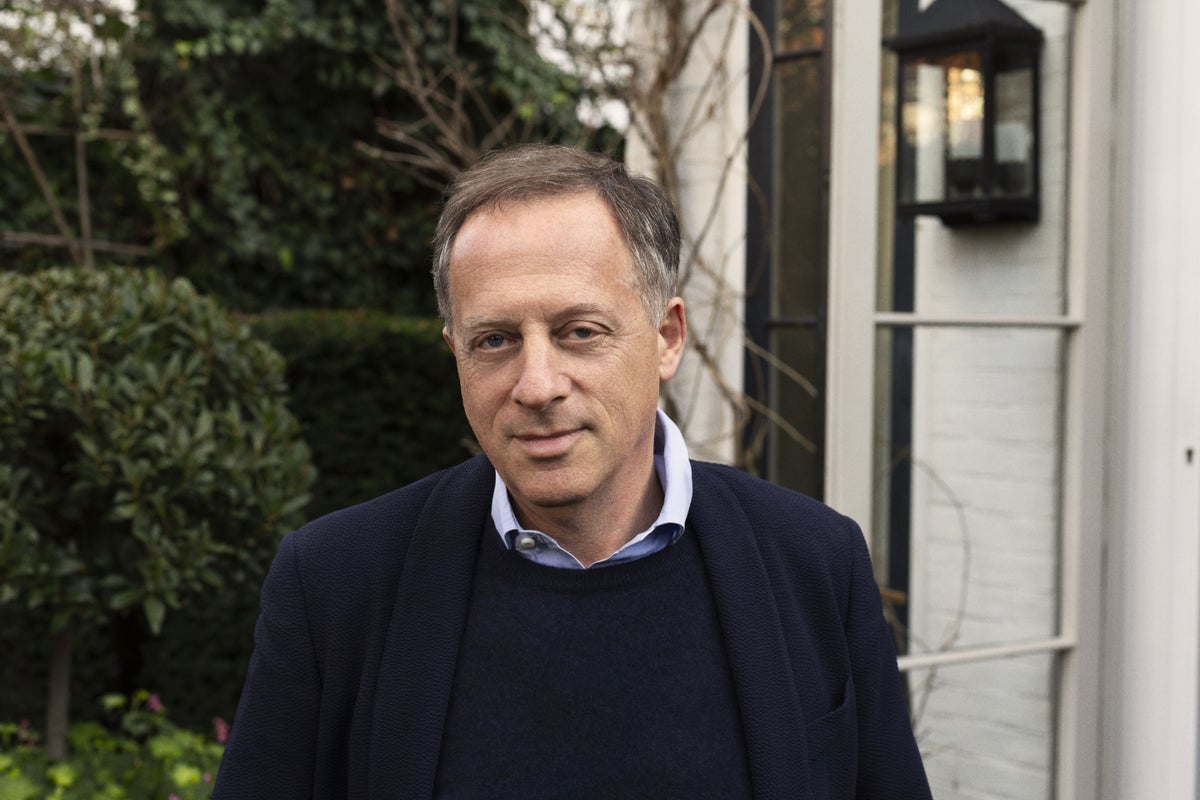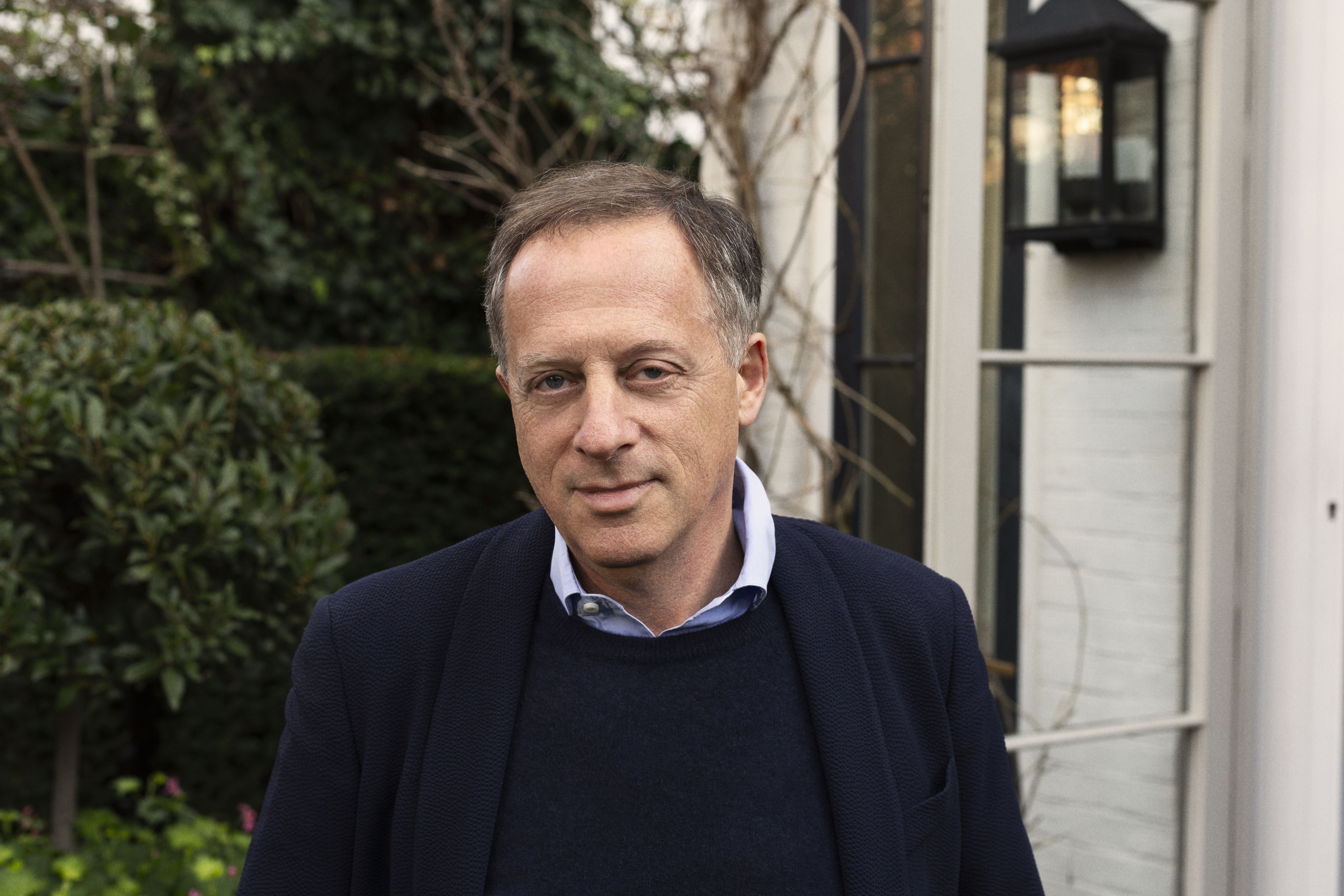
Rishi Sunak is under increasing pressure to end the political appointment of the BBC’s most senior figure, as current boss Richard Sharp comes under growing pressure to quit.
No 10 said that Mr Sharp retains the support of the PM, despite MPs finding the corporation’s chair had made “significant errors of judgement” by acting as a go-between for an £800,000 loan guarantee for Boris Johnson.
Mr Sunak said on Monday that he would await the outcome of the inquiry ordered by the Commissioner for Public Appointments, even as Labour and the SNP said Mr Sharp’s position is “untenable”.
The PM’s official spokesperson, asked by reporters if Mr Sunak still had confidence in the BBC chair, said “Yes.” He added that No 10 was still “confident” in the appointment process that saw Mr Johnson put Mr Sharp in charge of the corporation in 2021.
But senior media figures said the storm was creating a “bad smell” hanging over the BBC, and urged Mr Sunak to take the radical step of ending political patronage of the broadcaster’s top job.
Marcus Ryder, a former BBC executive, said the corporation’s image around the world had been “tainted” by the Sharp saga – urging No 10 to shake up the appointment process.
He told The Independent: “Rishi Sunak should seriously consider the end of the political appointments process and make it truly independent. It’s so important to be able to say it’s a national broadcaster – not a state broadcaster.”
Mr Ryder added: “My fear is that if Richard Sharp goes, there is a political storm and that will be the end of the story. If him going leads a new structure then great. But the important thing is that the structure changes.”
Sir Craig Oliver, a former No 10 communications director and the former editor of the BBC’s Ten O’ Clock News, told The Independent that the Sharp saga showed there was “a good case for making sure the next chairman is not a political appointee”.
Roger Mosey, the former head of BBC Television News, told Times Radio: “There should not be political appointments to the chair of the BBC. It’s too important for that. It should stop. The BBC chairman should be unambiguously impartial and independent.”
Former ITN chief executive Stewart Purvis said it was striking that the Sunak government wasn’t “standing up” for Mr Sharp – saying the credibility of the chair was now in question.
“The issue is, is Richard Sharp now a credible, impartial chair of the BBC given what’s been revealed? To have a BBC chairman who was involved to the extent he now finally admits he was – it’s a bad look, it’s a bad smell,” he told LBC.

The BBC board is to decide whether it believes Mr Sharp can carry on once the appointments watchdog investigation concludes, The Independent understands. The BBC reported that the corporation’s board was set to hold an unscheduled meeting as soon as Monday.
But the BBC has made clear that the role of chairman is decided by the government, something No 10 accepted on Monday when the prime minister’s spokesman pointed to the terms of the royal charter, which says the chairman is formally appointed by the King-in-Council, on the advice of the culture secretary.
Greg Dyke, a former director general of the BBC, told The Independent that Mr Sharp would “probably be fine” and would likely survive the row if no new information came to light from the appointment watchdog’s inquiry.
Mr Dyke said Mr Sharp’s future was the responsibility of the government, not the BBC board. He added: “The rest of the BBC board said they were not happy, that would be done informally. But I presume it’s the government’s decision.”
The former director general, appointed by Tony Blair’s Labour government, also defended the policy of political appointees running the broadcaster – saying it helped to have some ties to the party in power.
“It’s useful to have someone there with a political background, because they are more able to look after the BBC’s interests. It gives some cover, some defence, when you get into arguments with government,” said Mr Dyke.
Diane Coyle, a former interim chair of the BBC Trust, said there was no straightforward way for the BBC board to sack Mr Sharp, with only No 10 able to force him out. “He can hang on and our prime minister doesn’t seem inclined to ask him to leave in a hurry,” she told The Guardian.
The cross-party culture committee was highly critical of Mr Sharp’s failure to declare to MPs his role in facilitating talks about a loan arrangement for Mr Johnson when he was applying for the job of BBC chair.
A spokesperson for Mr Sharp has said he “regrets” not telling MPs about his involvement in the affair “and apologises”.







